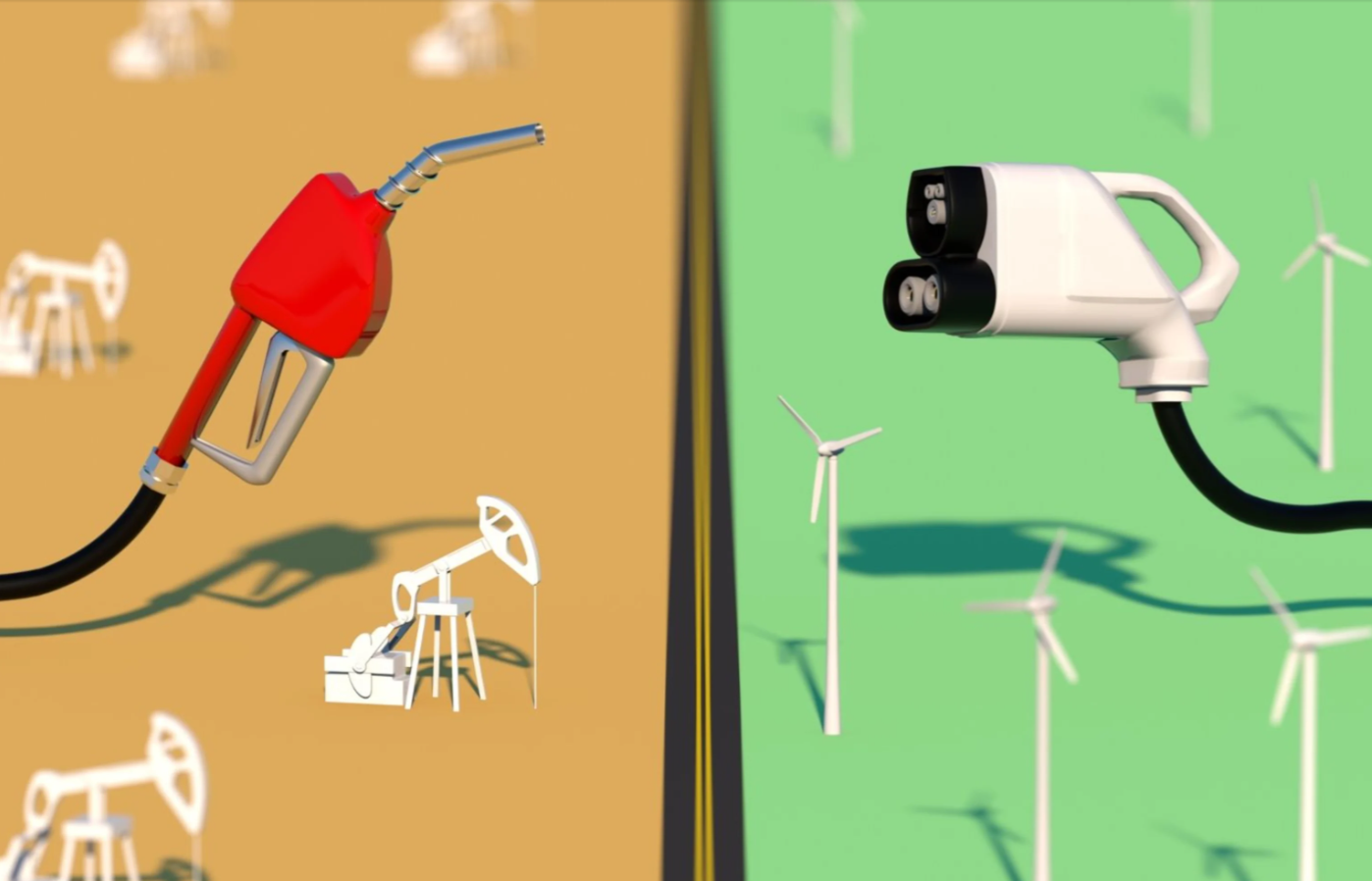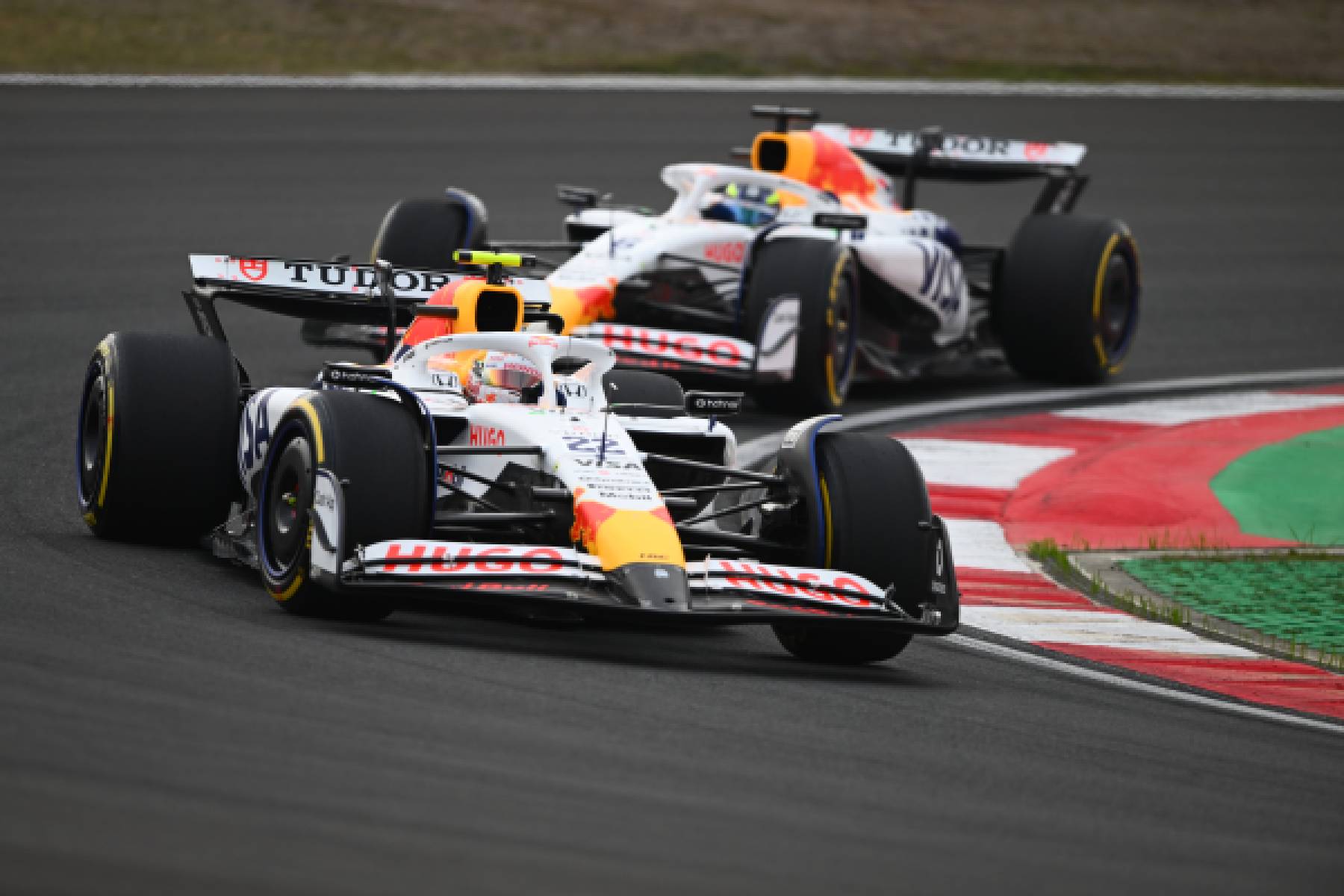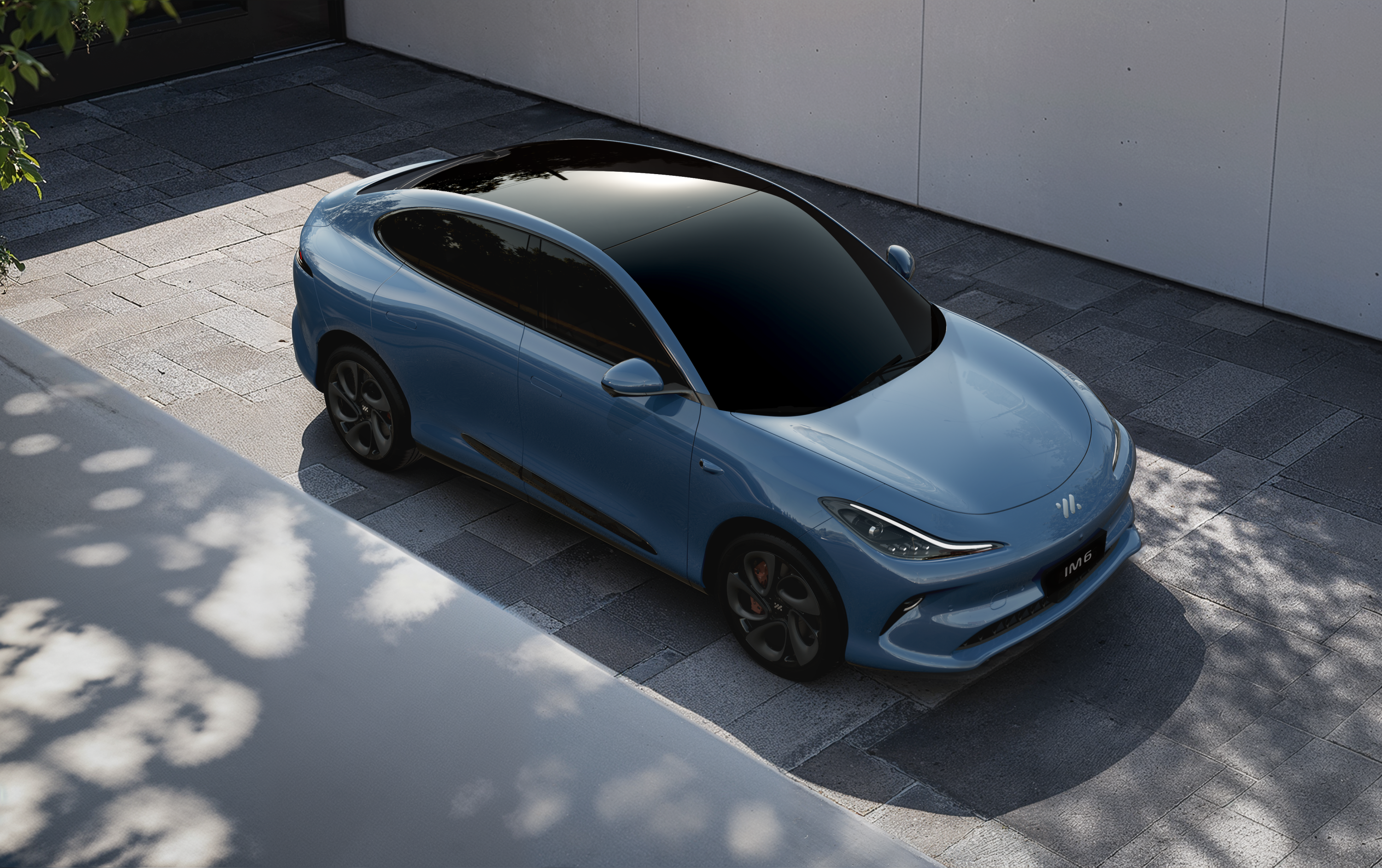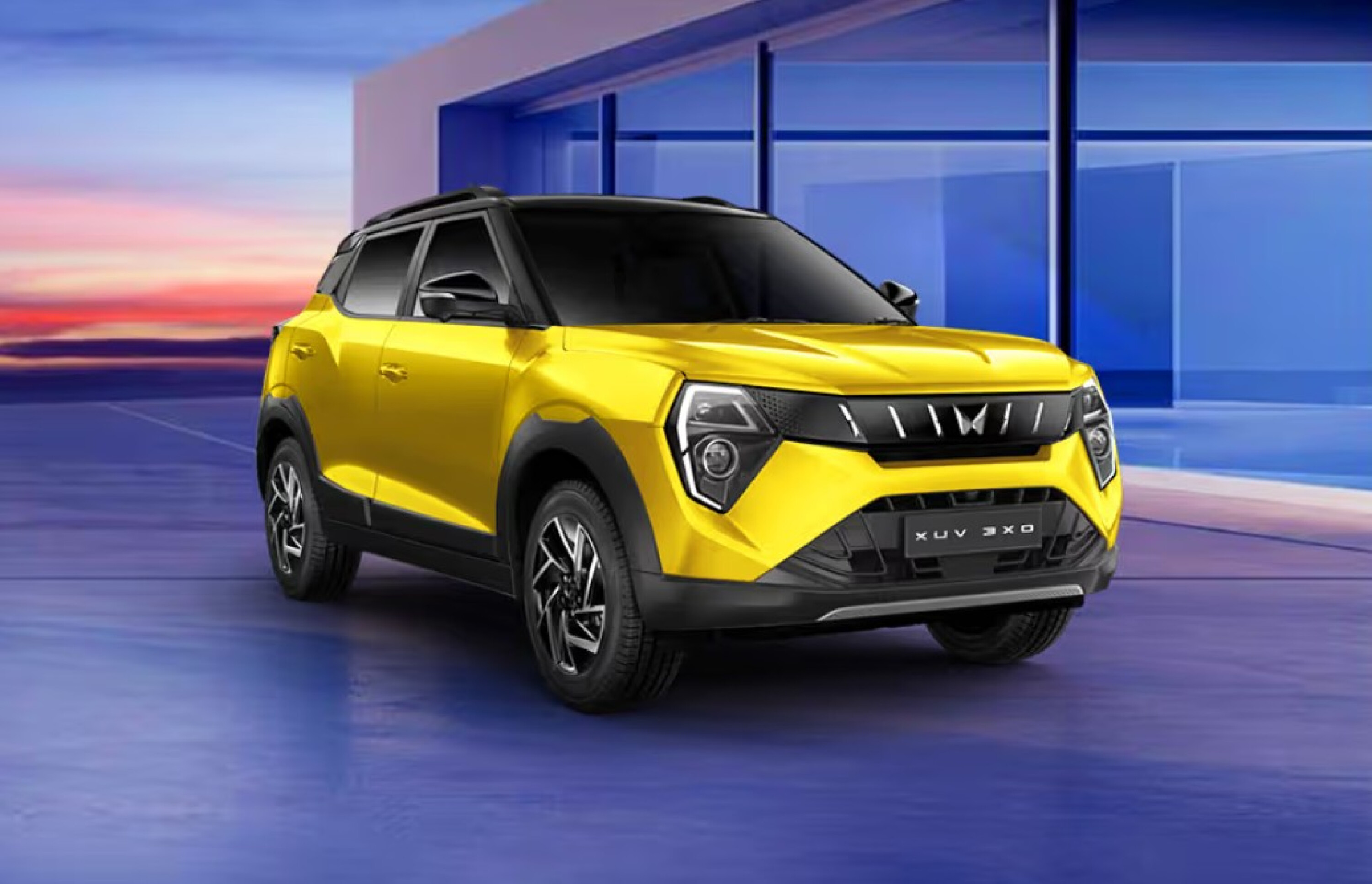August 8: Car industry divided over EV stance
Carmakers have spoken out about the growing debate on whether an industry body’s electric vehicle position is the best way to go.
One manufacturer told Wheels that it supported the Federal Chamber of Automotive Industries’ (FCAI) stance on Australia transitioning to zero emissions through a range of technologies rather than full EVs – describing some climate campaigners’ rhetorics as “militant”.
“The FCAI introduced the voluntary standard just as something to get the conversation going,” they said. “We’re excited about what we can do, and will brief Government on that, but must be mindful of the difficulties in supply. Whether a new policy comes in or not, what we don’t want to do is rob Australians of cars because we can’t get access to the amount of EVs suddenly needed.”
Meanwhile, others were less in favour of the FCAI’s way forward, with Volkswagen saying it wants a full-EV push.
“Volkswagen Group Australia has been at the forefront of the public debates on the need for a first-world fuel standard and a federally mandated CO2 target,” a spokesperson told us.
“Our customers increasingly want to drive electric cars, so we encourage the Government to mandate an emission target for auto importers that will undoubtedly ensure a greater supply of affordable EV’s heading to Australia.
“We appreciate that the consensus across all the FCAI members on how these targets are implemented will be hard to achieve, which is why the responsibility sits squarely with the Government to set the targets and industry will adapt to them, just as they have in other areas of the world.”
The story to here
August 8: FCAI accused of slowing EV uptake
The car industry has been accused of “secretly” planning to block Australia’s uptake of electric vehicles – however, the claims may not be all they seem.
A report in the Sydney Morning Herald this morning says that the industry, led by peak body the Federal Chamber of Automotive Industries (FCAI), has been launching a campaign behind closed doors which would delay Australia’s transition to EVs.
According to the news article, the FCAI is lobbying policymakers to adopt rules that would preserve petrol and hybrid cars well into the future, and to adopt its existing, voluntary emissions scheme as the national standard.
However, the FCAI has long stated publicly that it believes in, and continues to advocate for, a nationally-mandated CO2 emissions target reached through a number of technologies – not just fully-electric – and has made no bones about its voluntary standard being less than ideal, but better than nothing in the face of no federal legal equivalent.
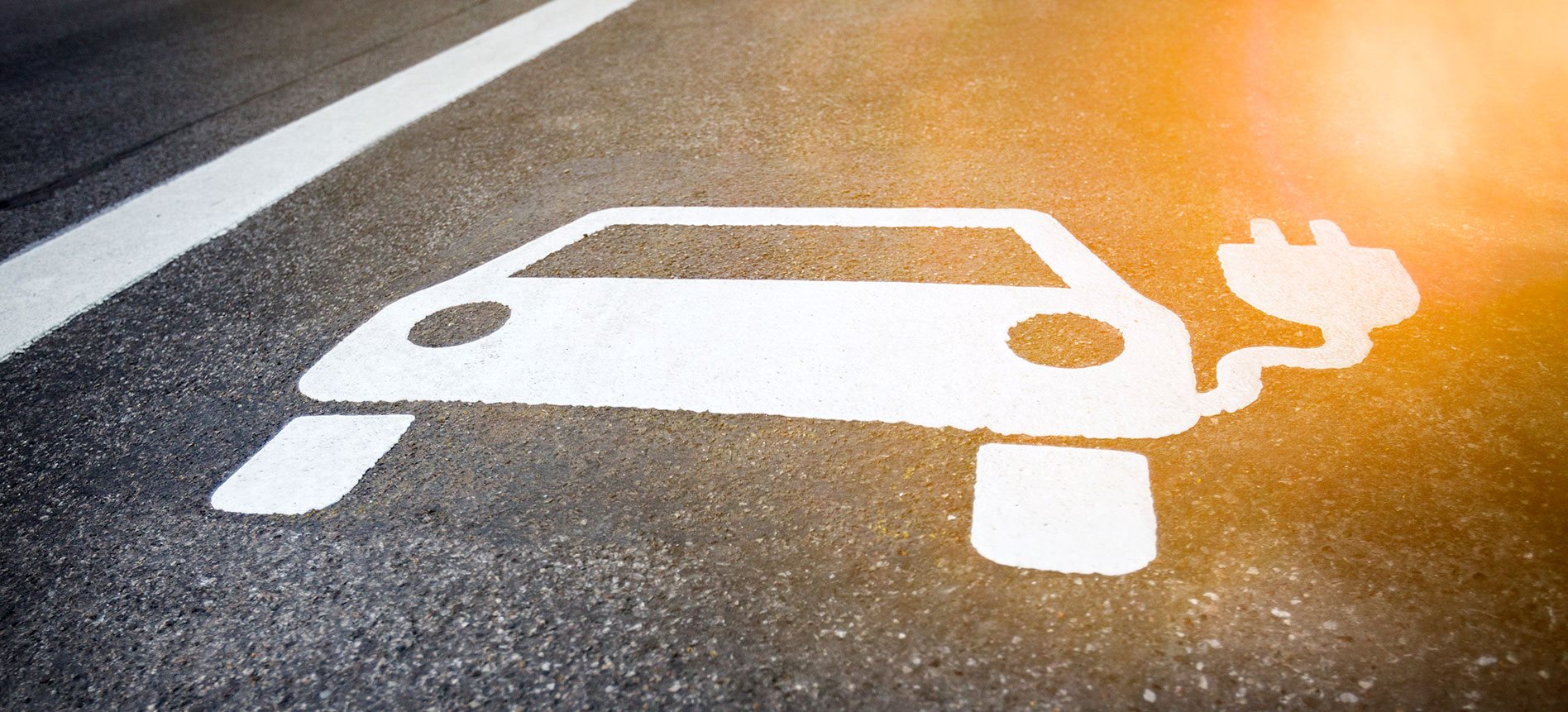
Speaking in June, shortly after the Albanese administration came to power, FCAI Chief Executive Tony Weber said: “We know that automotive manufacturers around the world respond to strong policy signals when allocating their limited supply of zero and low emission technologies. A technology neutral emissions reduction target for vehicles is the signal Australia needs to send.
“Our members recognise the need to combat climate change. In the absence of federal leadership in 2020 we established our own voluntary scheme that sends a message to manufacturers’ head offices that Australian motorists want the best low emission technologies.
“Any reduction target must be broad based and focused on reducing CO2, not picking certain technologies over others. Our zero-emissions future is ultimately full electrification.
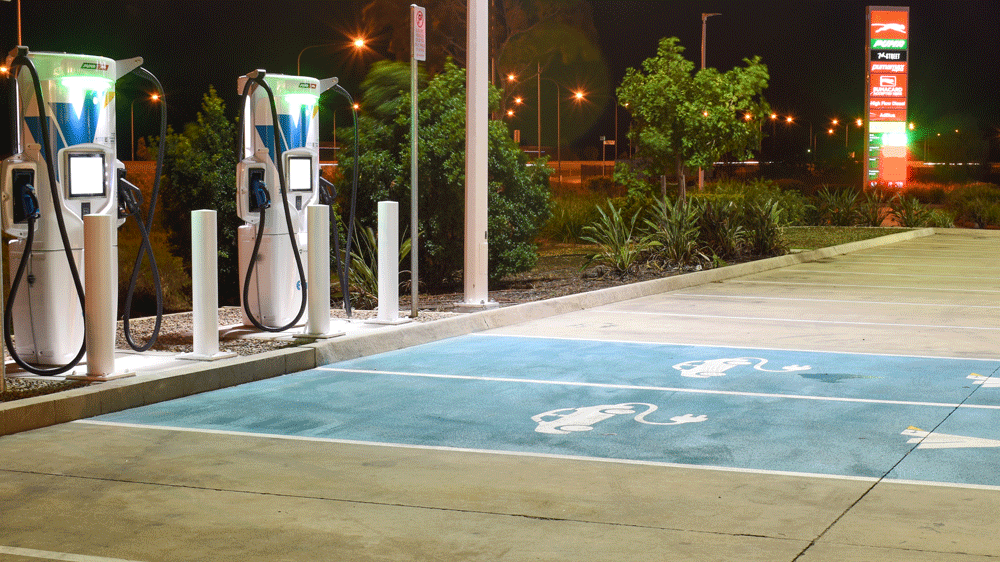
“Our short and medium term journey will require a mix of hybrid, plug in hybrid, battery-electric, hydrogen and efficient internal combustion to meet the varying needs of Australian motorists.
“Our message to Government is simple. You give us the target, and we will give you the technology to get there.”
Claims the entire auto industry is colluding secretly trying to hold back EV uptake also appear to be unfounded, with several brands stating in recent weeks and months, such as Kia and Cupra, that they back the need for a nationally-mandated CO2 target – and have been pushing even harder for more electrified models to come Down Under since Labor came into power.
And just last week the FCAI released a three-point plan aimed at pressuring the Federal Government to remove roadblocks to reducing carbon emissions.
Other peak bodies also rubbished claims the industry is holding back EV uptake, with the Australian Automotive Dealers Association (AADA) saying that the idea the Government should ignore the automotive sector while developing an emissions standard is “incredibly concerning and completely inappropriate”.
“The automotive industry supports the need for a vehicle emissions standard, but restricting the sale of internal combustion engine vehicles by 2035 is a risky approach for Australia and its unique circumstances,” said CEO James Voortman.
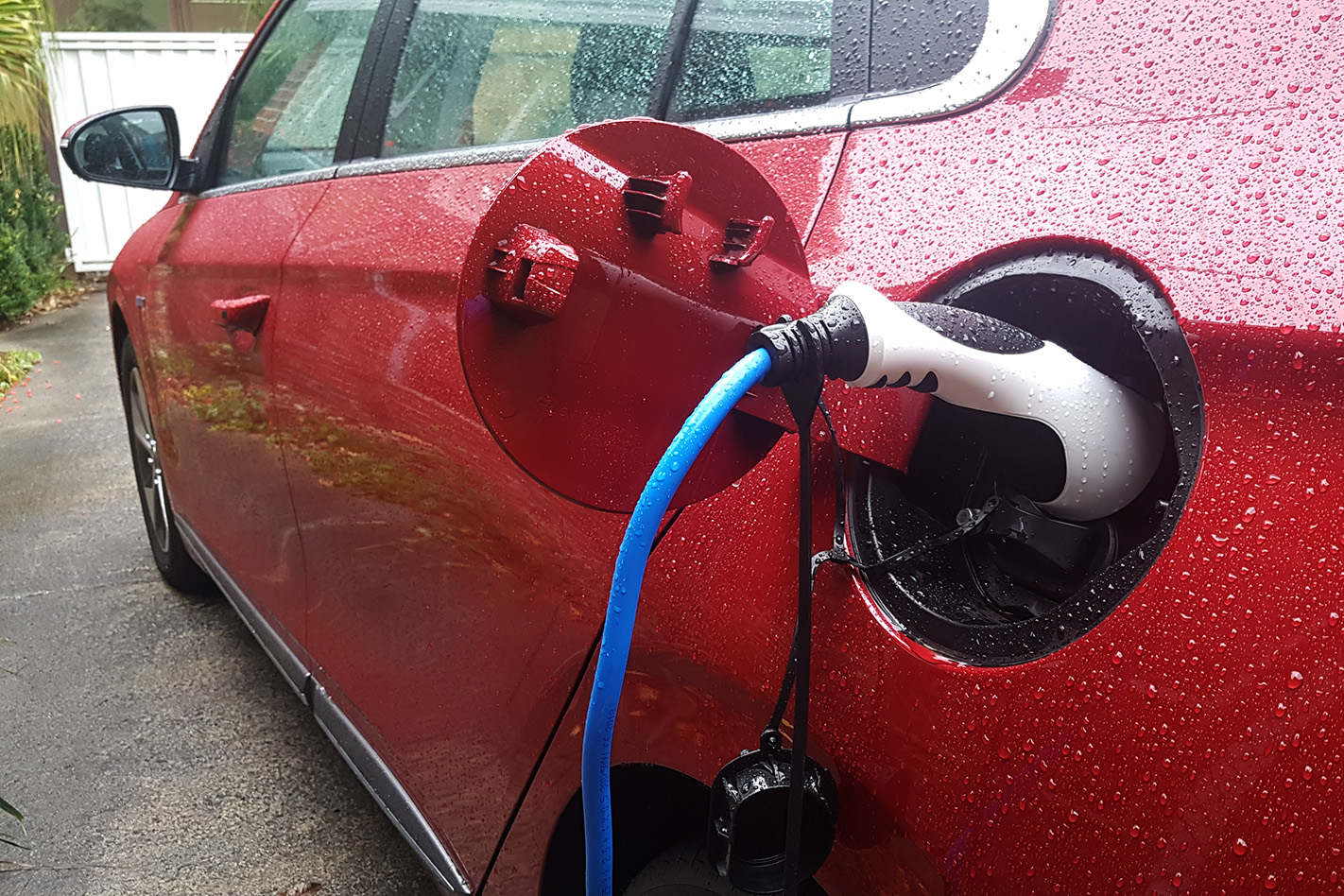
“Industry expertise will be crucial in informing Government policy which is achievable. A vehicle emissions standard needs to be one that is realistic and does not unduly punish consumers or result in motorists holding on to their older vehicles for longer.“We keep hearing calls for Australia to implement vehicle emissions standards which are in line with those that exist in the US and Europe. It is a fact that such standards have been in place in the US and the EU for well over a decade, allowing those countries an appropriate and achievable transition period,” said Voortman.“It is also a fact that in the US and the EU vehicle emissions standards are complemented by generous incentives for consumers. In a market like Germany, you can get up to AUD$13,000 in up-front incentives before tax benefits. This level of incentive is not available to consumers in Australia, and it does not appear to be on the horizon.“Australia is a very small right-hand-drive vehicle market in global terms, and it is situated at the end of a long and complex supply chain. These factors need to be taken into account when developing a vehicle emissions policy which is fit for purpose.”
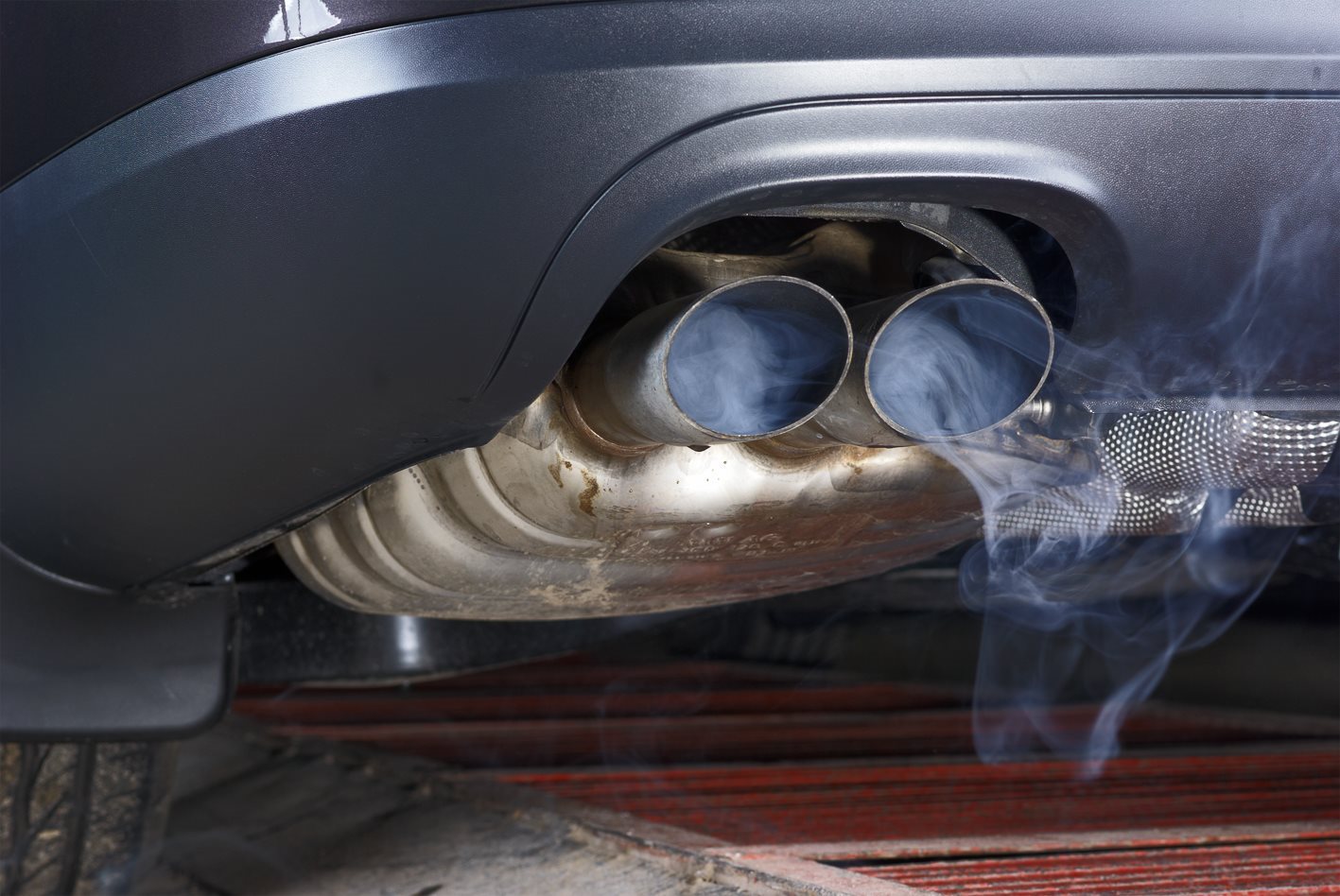
Meanwhile, Electric Vehicle Council and climate change experts say the FCAI’s voluntary scheme is a failure and should not be used as part of creating a mandated emissions target.
“The FCAI’s proposal to retain the existing voluntary emissions scheme will retain the status quo of Australia having the highest car CO2 emissions compared to the leading countries of Norway, Germany, the UK and the Netherlands – noting that Norway will ban the sale of new petrol and diesel cars in 2025, with the UK and the Netherlands in 2030,” said Dr Diane Kraal, Senior Lecturer in Business Law and Taxation at Monash Business School.
“We won’t be able to rely solely on improvements in car technology to lower CO2 emissions without taxation assistance to lower the upfront cost of EVs.
“The industry is focusing on its own EV supply issues, but we need to address consumer demand problems for EVs, including upfront costs and CO2 levels.”
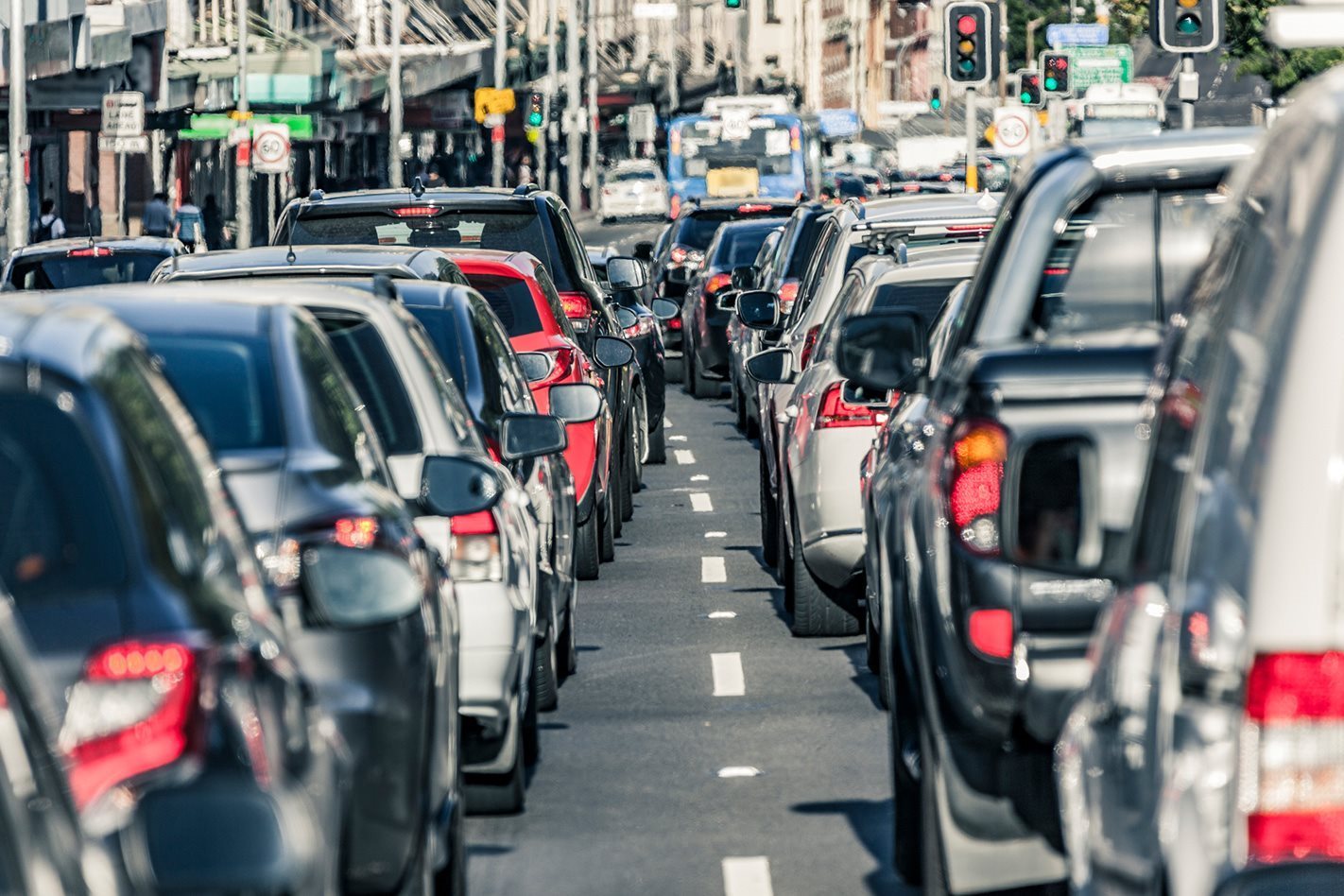
The EV Council said that because Australia is one of the only OECD nations not to have fuel-efficiency standards, EVs are difficult to purchase and there are long wait times for delivery – with consumer demand significantly outpacing supply.Overseas, fuel-efficiency targets require manufacturers to pay a penalty for exceeding carbon emissions targets set for the average number of new vehicles they sell. This means there is an incentive for manufacturers to ensure they sell enough low-emission and zero-emission vehicles to avoid raising their average – as opposed to the voluntary standard which bears no penalties.
“The only fuel-efficiency standards that will make a difference are standards in line with those that exist in the US and Europe,” said EVC chief executive Behyad Jafari.“Australia missed the boat by 30 years in introducing fuel-efficiency standards, making us the world’s dumping ground for dirty vehicles today. If we finally get around to it and then introduce standards that don’t work that would be a tragedy.
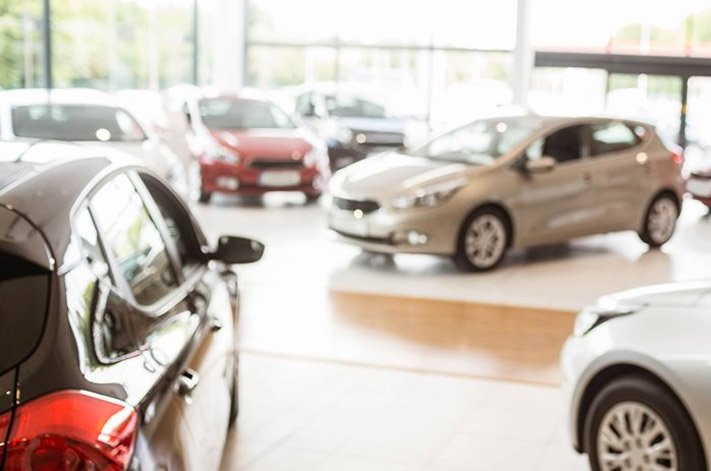
“Car manufacturers sell the bulk of their vehicles into markets with fuel efficiency standards because that helps avoid penalty. There is currently no such incentive in Australia, which relegates this market to a lower order priority.“If we want to see larger and more frequent shipments of EVs to Australia, Government should ignore the weak standards some in industry are lobbying for.“There is no path to net zero by 2050 unless Australia stops selling emitting vehicles by 2035. Cars in Australia have a 15-year average life span. If we’re still selling a significant quantity of combustion engine vehicles in 2036 we fail on net zero. It’s that simple.”
In 2020, the FCAI introduced a voluntary emissions reporting scheme for the industry, with manufacturers each set individual targets, as well as overall ones for light SUVs and heavy SUVs/light commercial vehicles. However, in both 2020 and 2021 most carmakers did not meet said goals – only 12 out of 39 hit the 150g CO2/km target in the first category and nine achieved the 190g milestone in the latter.
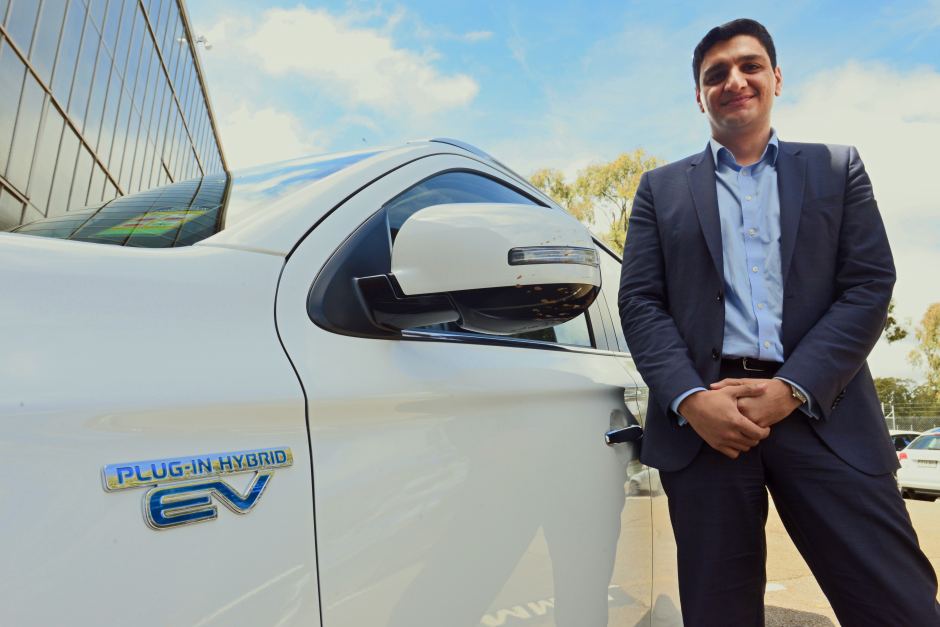
The FCAI standard is in line with the European Environment Agency’s, whereby carmakers are given credits to hit targets for reduction measures such as; introducing EVs, using safer air conditioning and adding fuel-saving tech such as stop/start, high efficiency headlights, solar panels, active aerodynamic improvements etc.
However, the results so far, and the fact there are no penalties for missing targets, have led some to criticise the self-reporting system, with one source telling Wheels back in June the method based on a sales-weighted average and mass per unit sold isn’t presenting consumers with the best picture of what our country’s emissions truly are.
Furthermore, they claim it is a concern that FCAI does not provide the National Transport Commission (NTC) with some of its information, with the statutory body only able to re-report FCAI’s adjusted figures.
“FCAI is responsible for handling it – but we shouldn’t be letting everybody self-report. Because they [the NTC] can’t get the credits and super credits data from FCAI, they are working on an alternative, but developing another system will take years.
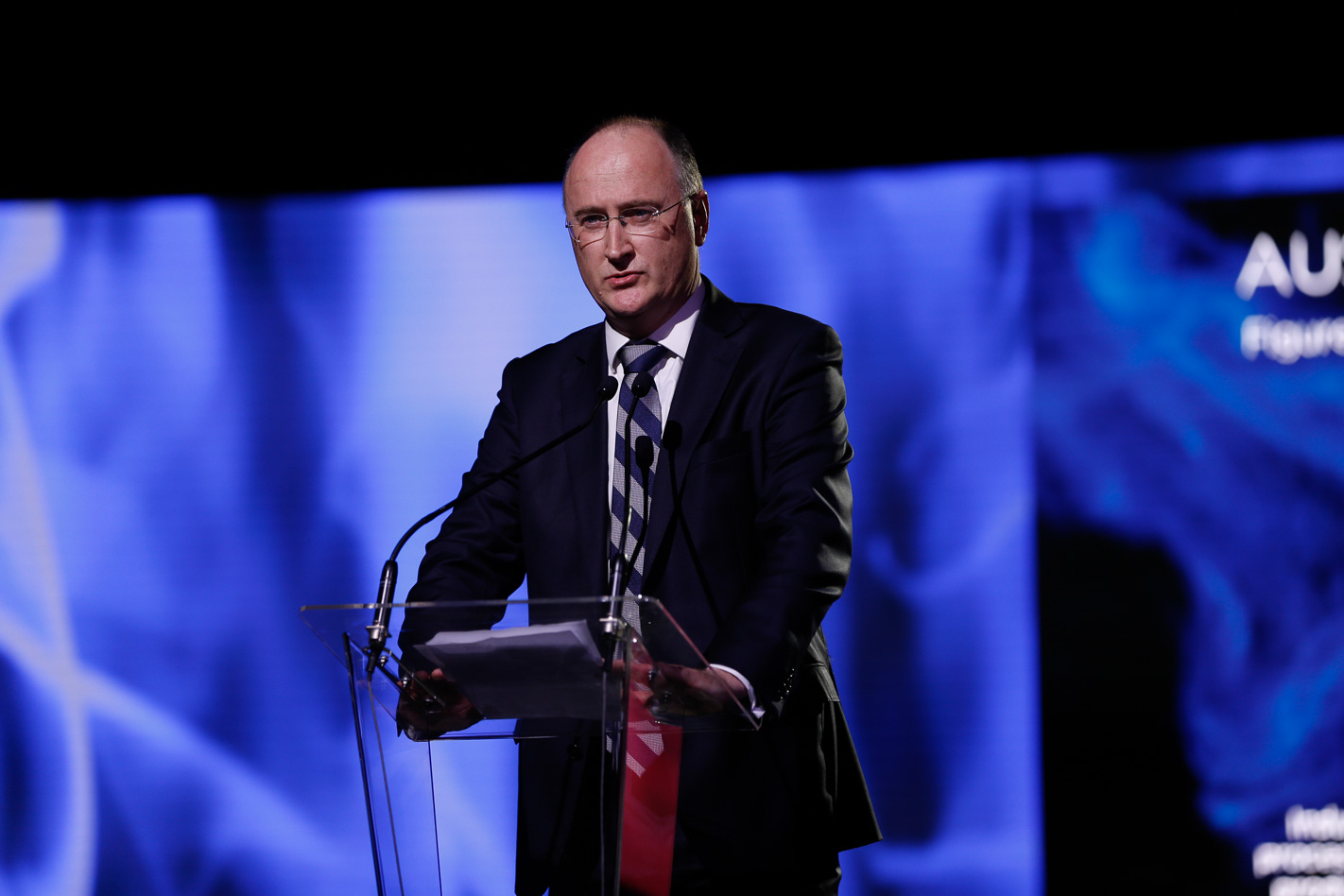
“This may have a benefit in the long run that they [the NTC] can also report on emissions for all cars on the road, not just new sales, but it’s something they’ve now had to start the process of because of the hole that exists in their data – and it will be a significant task to get through.
“In fairness, FCAI is clear about how it has come up with the numbers, it just makes it look like the emissions are better than they actually are. It’s not an accurate representation of how Australia’s CO2 is performing.”
Defending the FCAI’s efforts, Chief Executive Tony Weber told us: “The NTC’s system was 20 years’ old, we’ve just updated it to make it more modern and in line with international best practice – it’s more rigorous. For 2020 and 2021 we gave the raw data, but not the credits or super credits, that’s what they wanted and that’s what they got. We recognise what we’re doing is sub-optimal, but really the Government should be doing this.”
The Australia Institute’s climate and energy director, Richie Merzian, told the ABC he is hopeful the new Government will soon move to implement an emissions standard, as the group prepares to co-host an electric vehicle summit being attended by the federal Climate Change and Energy Minister, Chris Bowen, next month.
The Institute has just published a new report which found that if an emissions cap on carmakers proposed by former prime minister Malcolm Turnbull had been implemented, it would have saved consumers $5.9 billion in fuel costs.


